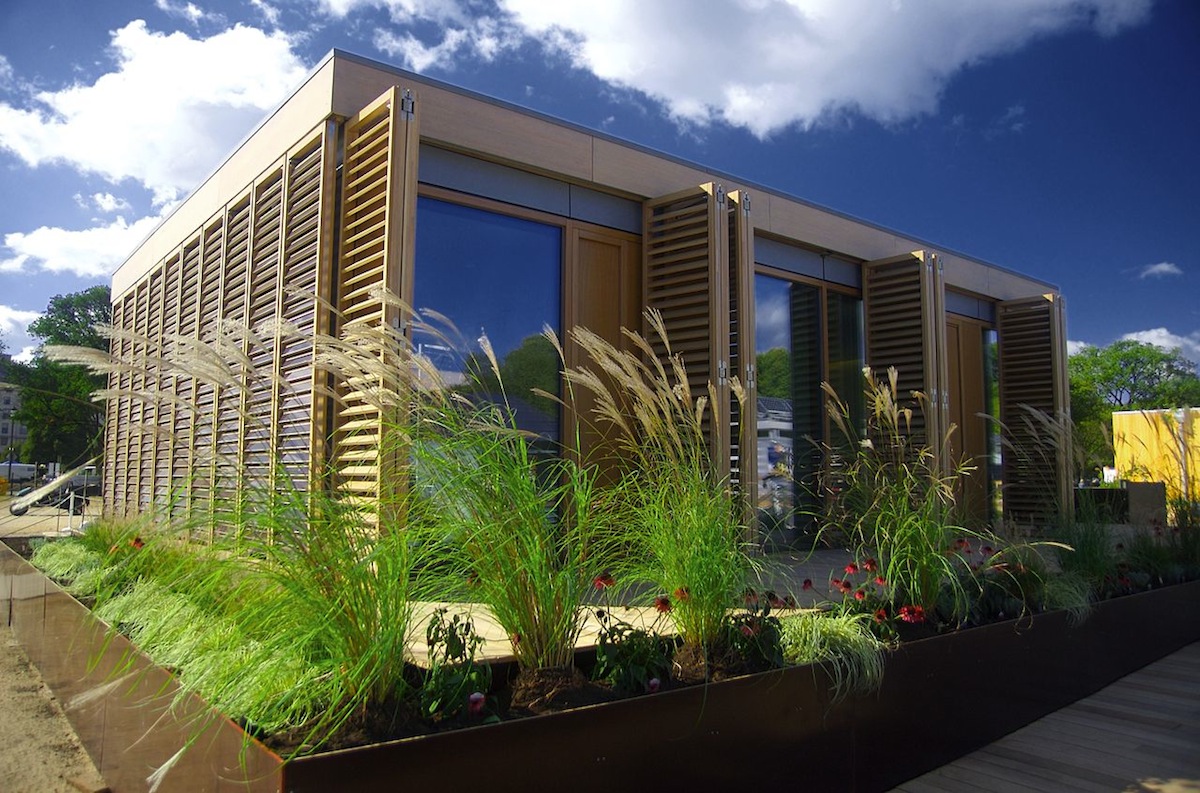The International Code Council (ICC) and ASHRAE have come to the final agreement that outlines each organization’s role in the development and maintenance of the new version of the International Green Construction Code (IgCC).
Sponsored by the American Institute of Architects (AIA), ASHRAE, ICC, the Illuminating Engineering Society (IES), and the U.S. Green Building Council (USGBC), “IgCC Powered by 189.1” will provide the design and construction industry with “the single, most-effective way to deliver sustainable, resilient, high-performance buildings,” the groups say.
The code is scheduled to be released in 2018. The ICC will be responsible for Chapter 1, Scope and Administration. ICC will coordinate the technical provisions developed by ASHRAE with the provisions in Chapter 1 of the 2015 IgCC. As a result, the 2016 Group B Cycle will not include Chapter 1 of the IgCC for code changes.
With ASHRAE developing technical provisions, ICC’s 2017 Group C cycle to develop the 2018 IgCC has been cancelled. Part of the development process for the 2018 technical provisions will include the SSPC review of the 2015 IgCC and consideration of content for inclusion in 189.1-2017, along with changes generated by the committee and proposals submitted by stakeholders. Following the completion of the 2018 IgCC, Chapter 1 of the IgCC will be developed by ICC using its consensus code development process.
“Our goal in this partnership all along has been to share resources to increase use of the IgCC and make it simpler for code officials, designers and contractors to build environmentally efficient structures that will lessen energy and water consumption and reduce the carbon footprint,” said ICC Board President Guy Tomberlin, CBO. “We are now situated to do just that.”
Related Stories
| Nov 23, 2011
USGBC launches app lab for LEED certification process
The U.S. Green Building Council has released the App Lab, a searchable catalog of third-party apps that are integrated with LEED data.
| Nov 23, 2011
Document gives advice on stormwater runoff management
The report, “Rooftops to Rivers II,” provides tips on how cities can use smart infrastructure and green building design to minimize pollution from stormwater runoff and other wastewaters.
| Nov 23, 2011
Zoning changes proposed to make New York City buildings greener
New York City will introduce new zoning proposals next month that would make it easier for building owners to add features that will make their properties more sustainable.
| Nov 18, 2011
AGC offers webinar on Davis-Bacon compliance
Webinar to be held in two sessions, Dec. 7 and 8 from 2:00-3:30 p.m. EST.
| Nov 18, 2011
New green construction code may help push LEED standards higher
The International Green Construction Code (IgCC) is expected to set a floor for building standards and may create the opportunity for LEED certifications to push toward higher ceilings.
| Nov 18, 2011
New OSHA fall safety rule could save contractors money on insurance premiums
The new Occupational Safety and Health Administration rule requiring employers operating in the residential construction industry to use the same methods of fall protection that historically have been used in the commercial construction industry could save them money.
| Nov 18, 2011
Some believe new Austin building code will help mom and pop shops
Austin, Texas has proposed building codes that require wider sidewalks and call for buildings to be closer to sidewalks along a 3.5-mile stretch of highway.
| Nov 11, 2011
AIA: Engineered Brick + Masonry for Commercial Buildings
Earn 1.0 AIA/CES learning units by studying this article and successfully completing the online exam.
| Nov 10, 2011
WaterSense standard for weather-based irrigation controllers unveiled
The U.S. Environmental Protection Agency’s (EPA) WaterSense program has released a final specification for weather-based irrigation controllers—the first outdoor product category eligible to earn the WaterSense label.
| Nov 10, 2011
Advocate seeks noise reduction measures in California building codes
A former chief building inspector for San Francisco wants to enact building codes that would limit noise levels in restaurants and other spaces open to the public.















